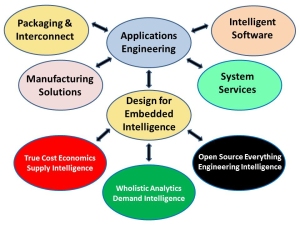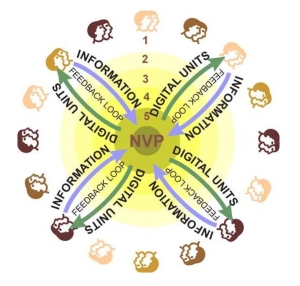
Nathan Schneider is one of the best chroniclers of the emergence of the new solutions. This piece places places a lot of innovations into context, connecting various movements and ideologies together to give the reader a picture of what's next.
Nathan Schneider
“We’re moving into a new economic age,” says Marjorie Kelly, who spent two decades at the helm of Business Ethics magazine and now advises social entrepreneurs. “It needs to be sustainable. It needs to be inclusive. And the foundation of what defines an economic age is its form of ownership.” … There are many ways to own. Simply giving up on ownership, however, will mean that those who actually do own the tools that we rely on to share will control them. People who want an economy of genuine sharing are coming to recognize that they must embrace ownership — and, as they do, they're changing what owning means altogether.






